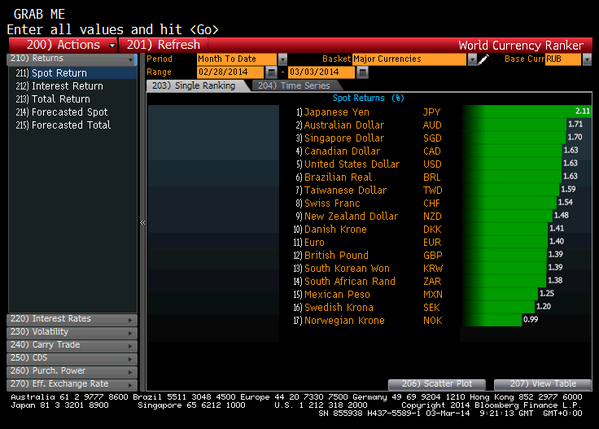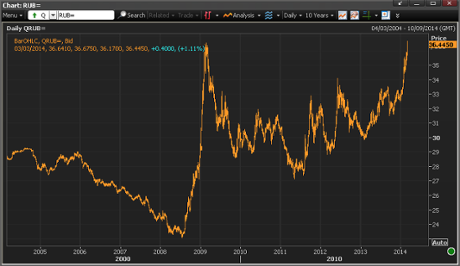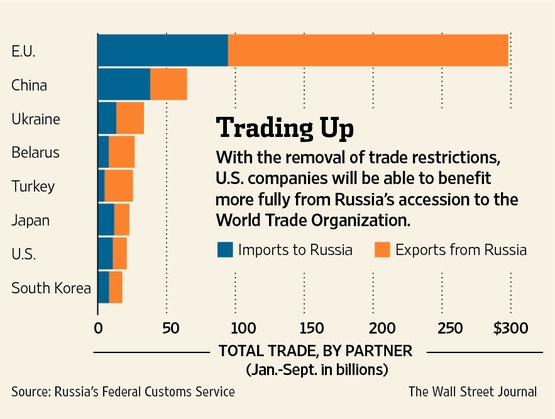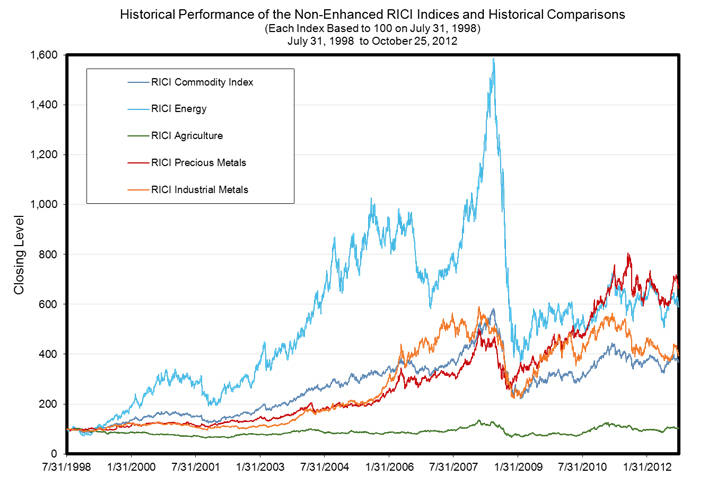While the global economic crisis didn't sweep into Russia until September, Sterligov said he sensed that trouble was looming in August and got to work.
"I decided that barter trade would be the right choice for the world in times of liquidity problems and payment delays," he said in a recent interview.
So from August to November, computer programmers hired by Sterligov created an interactive database allowing the barter of debt and goods worldwide.
Sterligov illustrated a possible barter deal with a real-life example: Magnitogorsk Iron & Steel Works' estimated debt of 1 billion rubles ($30.4 million) to Mechel for coal supplies.
"Mechel could put information about MMK's nonpayment in our system and then add which products it needs itself," Sterligov said.
MMK, in turn, would put 1 billion rubles of steel into the system, he said. At some point, a company would surface that wanted steel and had a product needed by Mechel, and the deal would be completed.
"For this to work, you have to have thousands of bids in the system," Sterligov said, adding that debt would probably become the most popular item for barter.
Mechel and MMK declined to comment about their possible participation in such a system.
Barter trade was widespread in Russia in the 1990s, when economic turmoil following the Soviet collapse prompted companies to pay employees and creditors with the products they produced — anything from bricks to vegetable oil.




 Reply With Quote
Reply With Quote


















 ) statement: "To be in this government is to commit political suicide,” he said. “And we need to be very frank and open". But now as an invader has come like a thief in the night this government will have a far easier time to do make reforms, even tough ones, and to get financial and legal aid from abroad.*
) statement: "To be in this government is to commit political suicide,” he said. “And we need to be very frank and open". But now as an invader has come like a thief in the night this government will have a far easier time to do make reforms, even tough ones, and to get financial and legal aid from abroad.*



Bookmarks